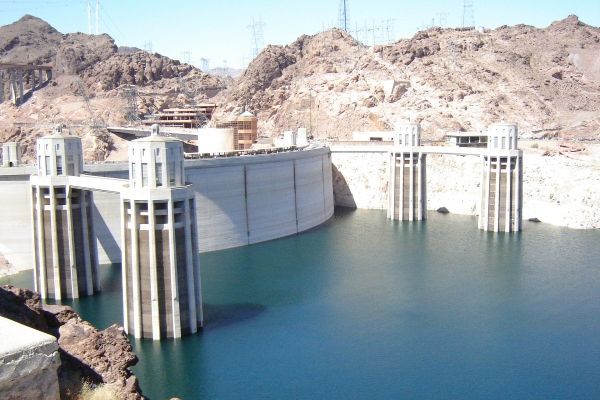Researchers from the UPV/EHU’s Institute of Public Economics and BC3, the Basque Centre for Climate Change, have been cooperating for several years on the study and projection of so-called security of electricity supply in Spain. The country is regarded as an “electricity island” owing to its scant interconnection with neighbouring countries. This feature underlies the projections of the country’s power demand, generation capacity, and supply over the coming decades. Drawing on these projections the researchers evaluate the degree of security of supply and assess how it will change in response to the sources of electricity that are gradually abandoned or promoted. The scientific journal Energy has recently published the second article relating to this study in which another two BC3 researchers have taken part.
Starting from known values of power consumption and generation the group of researchers developed a model to project the evolution of these two variables in 2020, 2030, 2040 and 2050. “Other authors have made projections of electricity consumption and reckon that it will grow one decade after another, a bit more than 1% per year. With respect to electricity sources, for the next 10 years the projections indicate that coal and nuclear will undergo a sizeable reduction, and by 2040 these two technologies will cease operation,” said José Manuel Chamorro-Gómez, from the UPV/EHU’s Institute of Public Economics. The former loss in generation capacity will be offset by an increase in renewables. Further, “the capacity of all the renewable plants due to come into operation will be greater than the one now available of non-renewable generation, but everything seems to suggest that the security of supply will nonetheless be affected”, added the researcher.
Read more at University Of The Basque Country
Image by destiny419 from Pixabay


